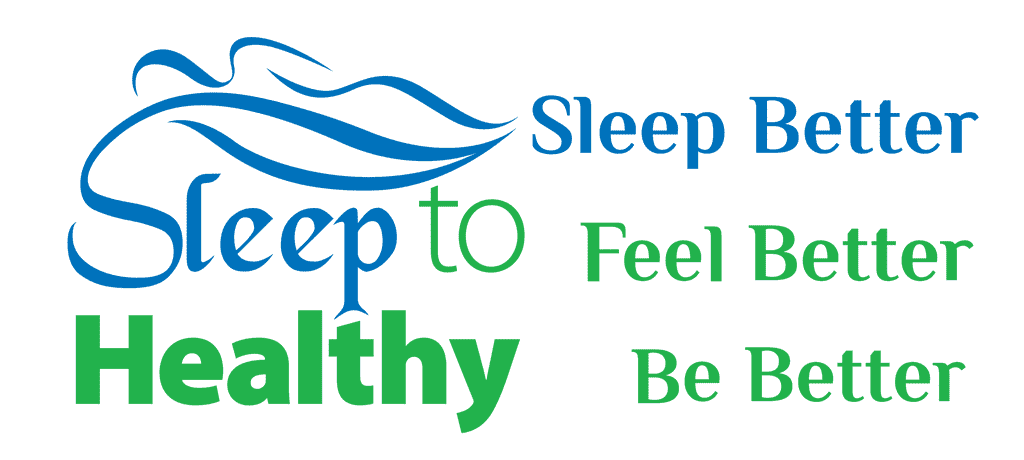
Insomnia and You – Lesson 3
Click title to see more…
Recommended: Go To: Lesson 3 Website Contact Dennis: Voice message or text: 408-990-3882 or dennis@sleeptohealthy.com
Lesson Summary:
- Definition of chronic insomnia: 3 or more nights per week of poor sleep with significant related daytime complaints for 3 months or more. You might define yours differently.
- Short term insomnia is normal.
- How you developed insomnia: 1 – Predisposed to having sleep disturbed in your environment. 2 – Event that disturbs your sleep. 3 – Continued bad habits and detrimental thoughts and beliefs about sleep. This causes your insomnia to continue long after the original cause is long gone. Will learn how to cure insomnia.
- Causes of insomnia: Psychological (stress, mental disorders, detrimental beliefs), Body (Sleep apnea, medical conditions, pain, alergies, aging), Chemicals (Medications, excess caffeine, nicotine, alcohol, drugs, hormone shifts), environmental (shift work, noise, heat, cold, TV, uncomfortable bed) and unknown causes.
- If you or your partner snore, it might be a serious but curable medical condition called sleep apnea and should be checked out.
- Your job is to control your causes of insomnia the best you can. Mine is to teach you how to sleep the best you can given your situation.
- Measures of sleepiness with sleep test to answer: Do I have insomnia? Epworth sleepiness Scale and Stanford Sleepiness Scale (see links).
Sleepiness and Tired are two different things. - The media greatly exagerates health risks of insomnia. There are no proven health risks to insomnia. It just makes you feel substandard & sleepy, you will be on edge emotionally and you will have to work harder to focus and perform well mentally. So don’t stress about your insomnia too much.
- If you want to improve your overall health and longevity, the best thing you can do is excercise.
- CBTi or Cognitive Behavioral Therapy for Insomnia is a drug free method but can be used while taking sleep medications or other remedies.
Assignment:
- Go through the list of causes of insomnia and see if any might apply to you.
- Brainstorm to find ways to mitigate them to the degree possible given your situation. A visit to your family doctor or health professional migth be in order.
- Look through your sleep journal and diary to see if you can spot any potential causes of your insomnia..
Links mentioned in the show:
Epworth Sleepiness Scale – American Sleep Apnea Association
Interpretation of Epworth results – Healthline.com
Stanford Sleepiness Scale – Stanford University
Root Causes of Insomnia (pdf)






Sleep To Healthy Thoughts